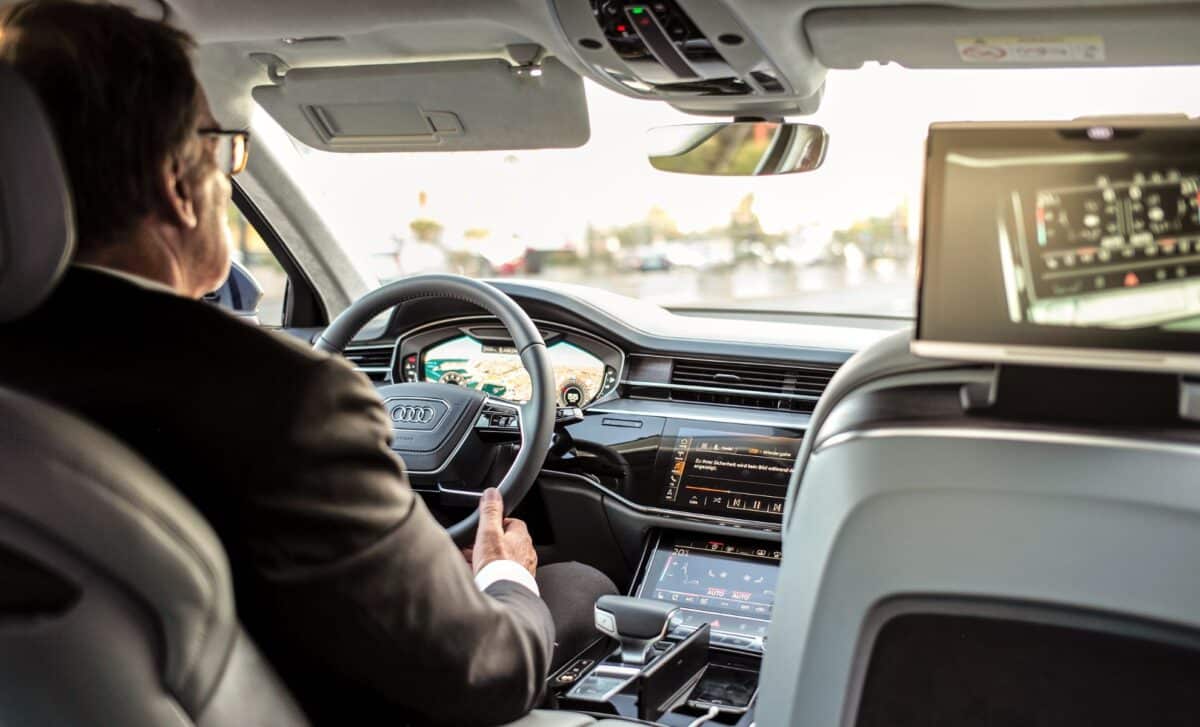Drivers born before 1963 are increasingly at risk of hefty penalties under updated Highway Code laws. With fines of up to £1,000 and six points on their licences for using handheld devices, the rules are being enforced rigorously across all age groups. While the crackdown aims to improve road safety, new data has revealed some unexpected trends among older motorists, sparking discussions about the pervasive impact of technology on drivers of all ages.
Elderly Drivers and the Challenge of Modern Technology
Recent figures from the DVLA illustrate a concerning trend: drivers aged 61-70 accounted for 4,475 endorsements related to mobile phone use, while those in their 70s and 80s faced 875 and 84 endorsements respectively. Among the most surprising cases was a 98-year-old motorist, one of three drivers in their 90s who received penalties for phone-related offences.
Mark Tongue, Joint CEO and Co-Founder of Select Car Leasing, highlighted the pervasive nature of this issue:
“Age is no barrier to being hit with a fine and points on your licence for being distracted by a mobile phone and all motorists, no matter how experienced they are, need to be aware of the dangers.”
These figures underscore how technology, which has become an integral part of everyday life, can also lead to lapses in judgment. Tongue added:
“It’s eye-opening to see such an elderly driver being collared by police after reaching for their phone, but perhaps not surprising given how technology has creeped into all aspects of our lives, no matter how old we might be. After all, age doesn’t always equate to wisdom!”
The Risks of Using Phones Behind the Wheel
Mobile phones are among the leading distractions for drivers, with handheld use posing significant risks to road safety. Studies consistently show that taking your eyes off the road, even for a moment, dramatically increases the likelihood of accidents. The Highway Code’s stricter regulations, which now include fines of up to £1,000 and six penalty points for using a handheld device while driving, are designed to address this issue.
Despite the tougher penalties, data shows that mobile phone-related offences remain prevalent. While younger drivers are often the focus of campaigns, the statistics reveal that older motorists are not immune to these distractions. The introduction of stricter rules seeks to make all drivers more accountable and foster a culture of zero tolerance for such behaviour.
A Decline in Prosecutions but Work Still to Be Done
Interestingly, projections for this year indicate a decline in mobile phone-related prosecutions. However, experts caution that the fight against distracted driving is far from over. Tongue remarked:
“It’s encouraging to see a projected dip in mobile phone-related driver prosecutions this year, but it’s clear the message still needs ramming home about just how dangerous reaching for your device can be.”
Campaigns from organisations like the AA continue to emphasise the dangers, comparing phone use while driving to offences like drink driving in terms of public safety concerns. Authorities stress that even hands-free devices can lead to prosecution if they result in careless or dangerous driving.
Why the Rules Matter: Ensuring Safer Roads for All
The updated Highway Code regulations are part of a broader effort to make the UK’s roads safer. Beyond the immediate risks posed by distractions, mobile phone use while driving also sets a poor example for other motorists and pedestrians, perpetuating unsafe behaviours.
Authorities recommend that drivers take proactive measures to avoid temptation, such as placing phones in glove compartments or switching them to “do not disturb” mode before starting a journey. These small steps can prevent distractions and ensure compliance with the law.









